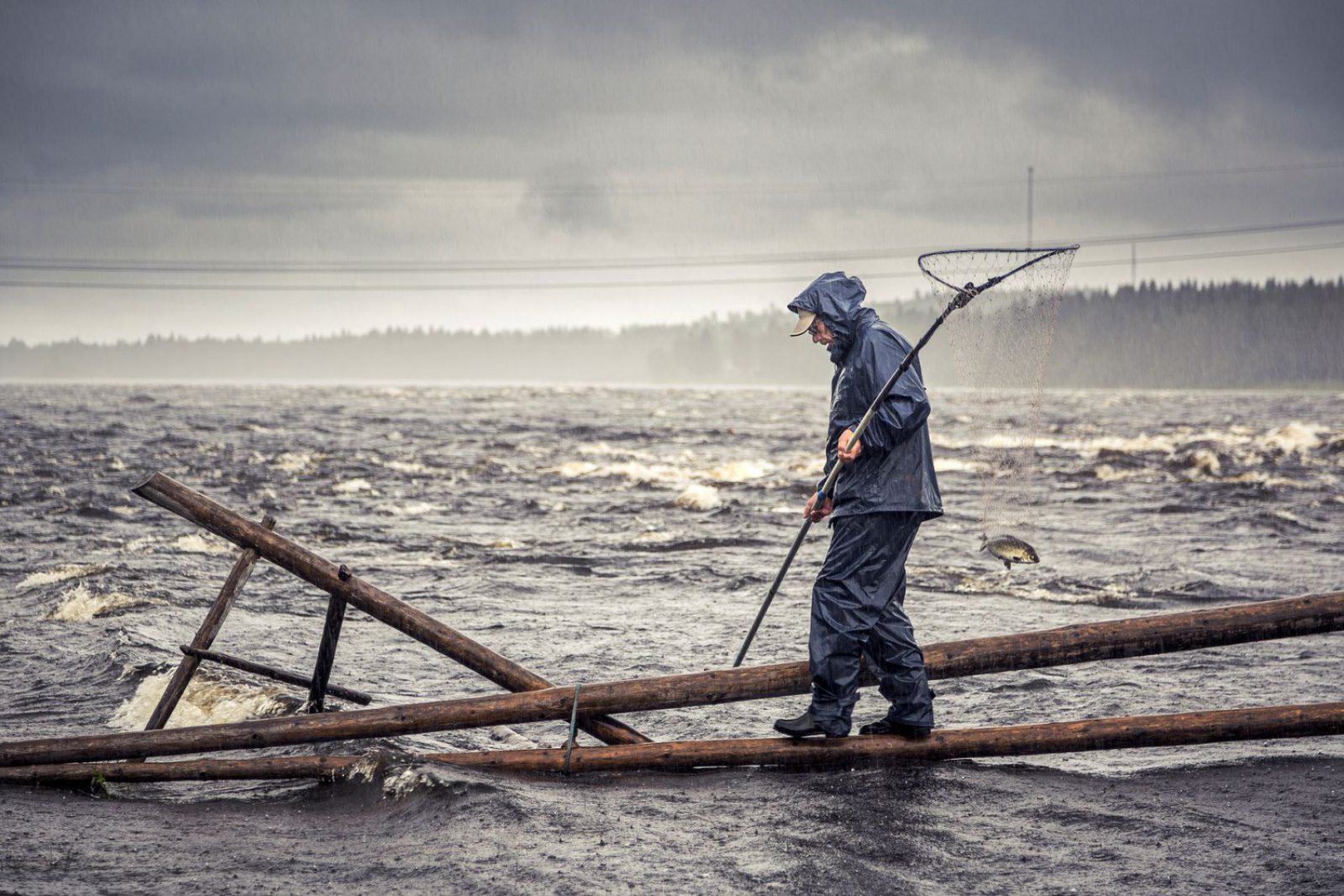
The National Inventory of Living Heritage is now accepting applications
The application period for the National Inventory of Living Heritage will be opened for the third time; the previous application periods were in 2017 and 2020. The Ministry of Education and Culture will periodically appoint new elements to the National Inventory of Living Heritage. The inventory is maintained as part of the UNESCO Convention for the Safeguarding of the Intangible Cultural Heritage. Currently, the inventory contains 64 elements in Finland. Applications by various communities and associations are accepted until 15 March 2023.
The Finnish Heritage Agency is in charge of inventorying living heritage as part of the UNESCO Convention for the Safeguarding of the Intangible Cultural Heritage. Out of the National Inventory, sauna tradition in Finland, the Kaustinen fiddle playing and the Nordic clinker boat tradition have been added to the international UNESCO Intangible Cultural Heritage lists.
The Ministry of Education and Culture decides which elements will be entered into the National Inventory based on the proposal by the Finnish Heritage Agency and the advisory group of intangible cultural heritage. Other experts functioning in the fields of living heritage will also have an opportunity to comment online on the applications for the National Inventory.
Diverse traditions welcome
The National Inventory showcases traditions from throughout the country, including different cultural groups.
”We want to see more of these. We also encourage communities and associations to apply for old and new traditions alike to be included in the inventory. It is important that the applications are based on the heritage community’s own work and activity. The inventorying process also provides an opportunity to discuss which and what kinds of traditions we want to safeguard and promote,” says Senior Advisor Leena Marsio from the Finnish Heritage Agency.
The selection of an element into the National Inventory of Living Heritage is a recognition to the communities that work with the traditions. The inventory lends stronger visibility to traditions and provides a deep dive into the process of safeguarding living heritage.
National Inventory backed up by a broader wiki-inventory
We hope that applicants submit their applications to the National Inventory in good time. New communities are encouraged to propose elements for the National Inventory. Elements already included in the Wiki-inventory of Living Heritage are also encouraged to propose elements for the National Inventory.
The National Inventory is based on the Wiki-inventory of Living heritage, which welcomes element proposals at any time. The wiki-inventory has been collected in Finland since 2016. The inventory already includes 210 elements from more than 250 communities in five languages. The Wiki-inventory for Living Heritage is making intangible cultural heritage visible.
Well known traditions and more rare living heritage
The Ministry of Education and Culture has nominated a total of 64 elements for inclusion in the National Inventory of Living Heritage in 2017 and 2020. The fields of living heritage are represented comprehensively: oral tradition, crafts, performance art, festive traditions and know-how related to nature have been included in the inventory from all regions. The elements include traditions practised by most Finns, such as open air dancing, bedtime stories and the declaration of Christmas peace in Turku, but also less famous traditions, such as winter seine fishing in Lake Puruvesi and making the Korsnäs sweater.
Later it is possible to make nominations from the National Inventory of Living Heritage to UNESCO’s lists of intangible cultural heritage. Finnish elements included in UNESCO's lists are Sauna culture in Finland (included in 2020), Kaustinen fiddle playing and related practices and expressions (2021) and Nordic clinker boat traditions (2021). A multinational application concerning the knowledge, skill and techniques related to handmade glass is also in the works and awaiting decision in December 2023.
The 2023 theme of the European Heritage Days is living heritage (in Finnish). The 20th anniversary of the UNESCO convention and Finland’s ten-year journey as a member state of the cultural heritage convention are also celebrated at the same time.
Photo:Traditional fishing culture in the Torne River’s rapids is one of the 64 elements in the National Inventory of Living Heritage.